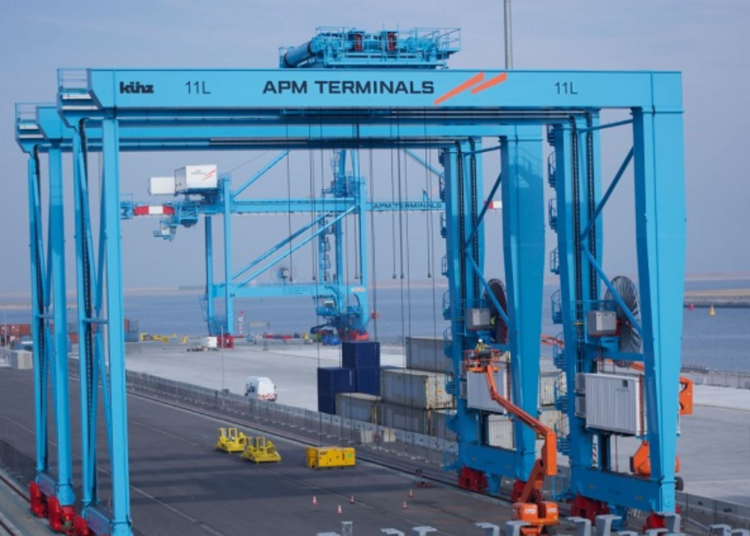APM Terminals Apapa and the National Drug Law Enforcement Agency (NDLEA), have advocated support for former drug users, believing, they can be useful to the society if they are supported by their families and friend, in their bid to overcome the addiction.
Speaking against the backdrop of the commemoration of the 2023 International Day Against Drug Abuse and Illicit Trafficking otherwise known as World Drug Day, the Health and Safety manager at APM Terminals Apapa, Felix Ugwuagbo said, with counselling, encouragement and support from family members and the society, drug users can overcome their addiction and live meaningful lives.
Ugwuagbo, however, stated that, APM Terminals is partnering NDLEA as part of its contribution to creating awareness about the negative impact of stigma and discrimination on people who use drugs and their families.
Also speaking at the event, NDLEA commander, Apapa Special Area Command, Udotong Essien, said the agency offers education and rehabilitation to drug users.
“We do not just castigate people who abuse drugs but we do our work creatively with distinction and honour. Our role is to make positive impact in our towns, cities and states so that our nation will be a better place to live and work in. To this effect, we have declared war against drug abuse by bringing you all to join in the revolution,” he said.
NDLEA assistant Command General of Narcotics, Florence Ezeonye, said stigma and discrimination are impediments to the campaign against drug abuse.
She enjoined Nigerians to develop attitudinal change towards people who use drugs and use friendly language towards them.
She also asked family members to offer support and encouragement to those undergoing treatment for drug use.
Recall that the World Drug Day is marked on 26 June every year to strengthen action and cooperation in achieving a world free of drug abuse. The theme for this year was “People First: Stop Stigma And Discrimination, Strengthen Prevention”.
The aim of this year’s campaign is to raise awareness about the importance of treating people who use drugs with respect and empathy; providing evidence-based, voluntary services for all; offering alternatives to punishment; prioritizing prevention; and leading with compassion.
The campaign also aimed to combat stigma and discrimination against people who use drugs by promoting language and attitudes that are respectful and non-judgmental.











